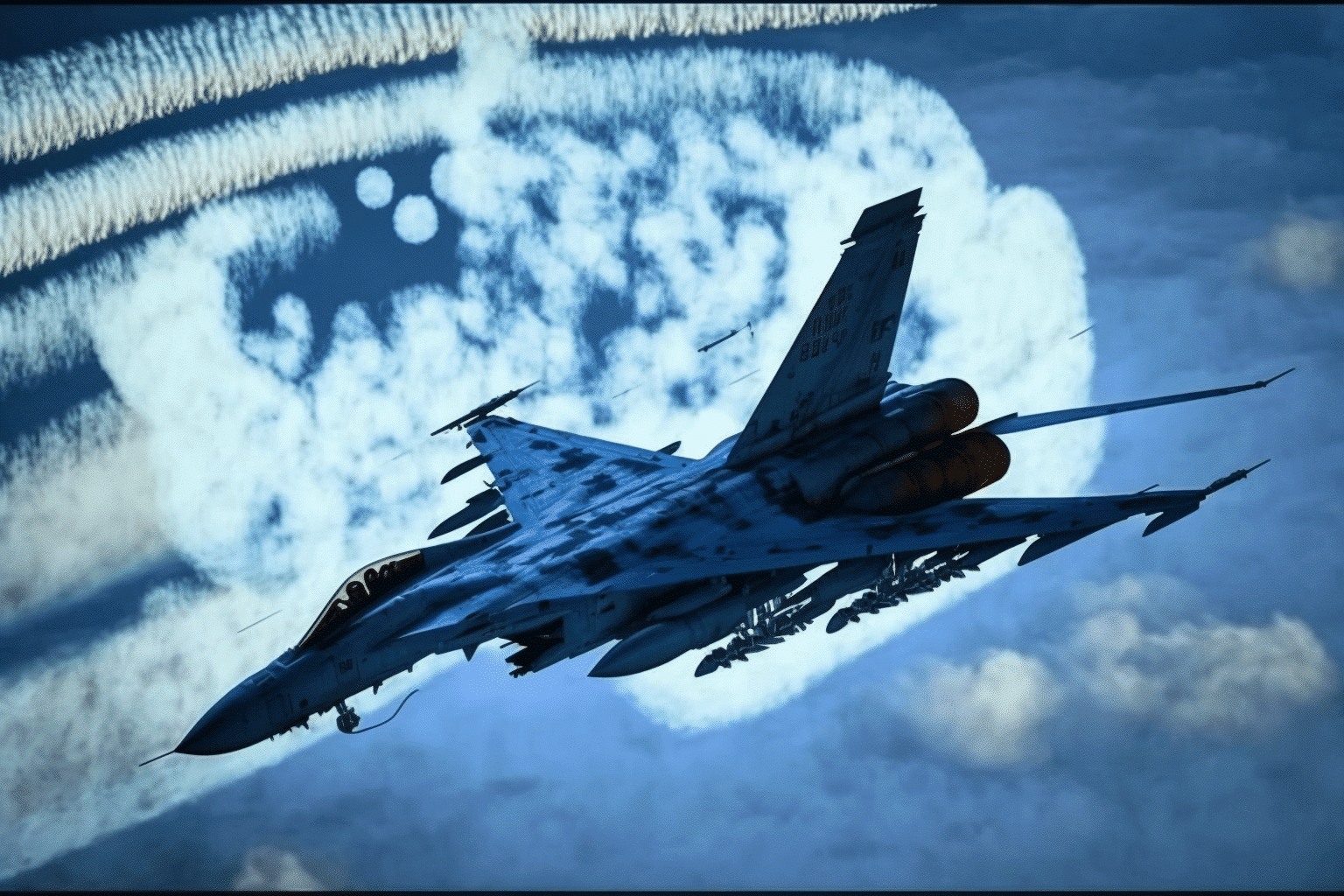After the U.S. attributed a drone crash in the Black Sea to a collision with a Russian fighter jet, Moscow announced its intention to recover the wreckage. On television, Nikolai Patrushev, Russian Security Council secretary, stated that Russia would try to retrieve the drone. Sergei Naryshkin, head of Russia’s SVR intelligence service, said the country has the technical capabilities to do so.
According to White House national security spokesman John Kirby, the U.S. is working to ensure the fallen drone doesn’t fall into the wrong hands. He mentioned that the drone crashed into intense water, and whether a recovery effort is possible remains uncertain.
U.S. Defense Secretary Lloyd Austin urged Moscow to operate its aircraft safely and professionally, stating the collision was part of a pattern of risky actions. Moscow, however, warned against hostile U.S. flights as tensions between the two countries rise.
Russia’s defence ministry denied responsibility for the crash and claimed that its fighter jets had no contact with the U.S. drone. The incident occurred near the Crimean Peninsula, a region of Ukraine annexed by Russia. Ukraine has suggested the event is an attempt by the Kremlin to escalate the conflict.
NATO diplomats acknowledged the incident but didn’t expect immediate escalation into further confrontation. A Western military source suggested that diplomatic channels between Russia and the U.S. could help limit the fallout.
As the incident between the Russian fighter jet and the American drone heightens tensions between the two nations, diplomatic efforts are underway to prevent the situation from escalating further. Both NATO diplomats and Western military sources remain cautiously optimistic that open communication channels between the U.S. and Russia will help mitigate the potential fallout.
In the meantime, Russia’s ongoing war in Ukraine has increased concerns about a confrontation between Moscow and the NATO alliance, which has been supplying arms to Kyiv in its defence efforts. Occasional alarms, such as the reported missile strike in eastern Poland in November, have only added to the unease in the region.
The U.S. drone involved in the incident, an MQ-9 Reaper, is used for surveillance and strikes in various locations, including the Middle East and Africa. The loss of the drone in the Black Sea has raised questions about the risks posed by such operations near Russian borders.
Despite the challenges, the U.S. and Russia continue asserting their rights to operate within international airspace. As the situation unfolds, the international community will closely monitor any developments, hoping that diplomatic efforts can prevent an escalation in tensions or a broader conflict.




